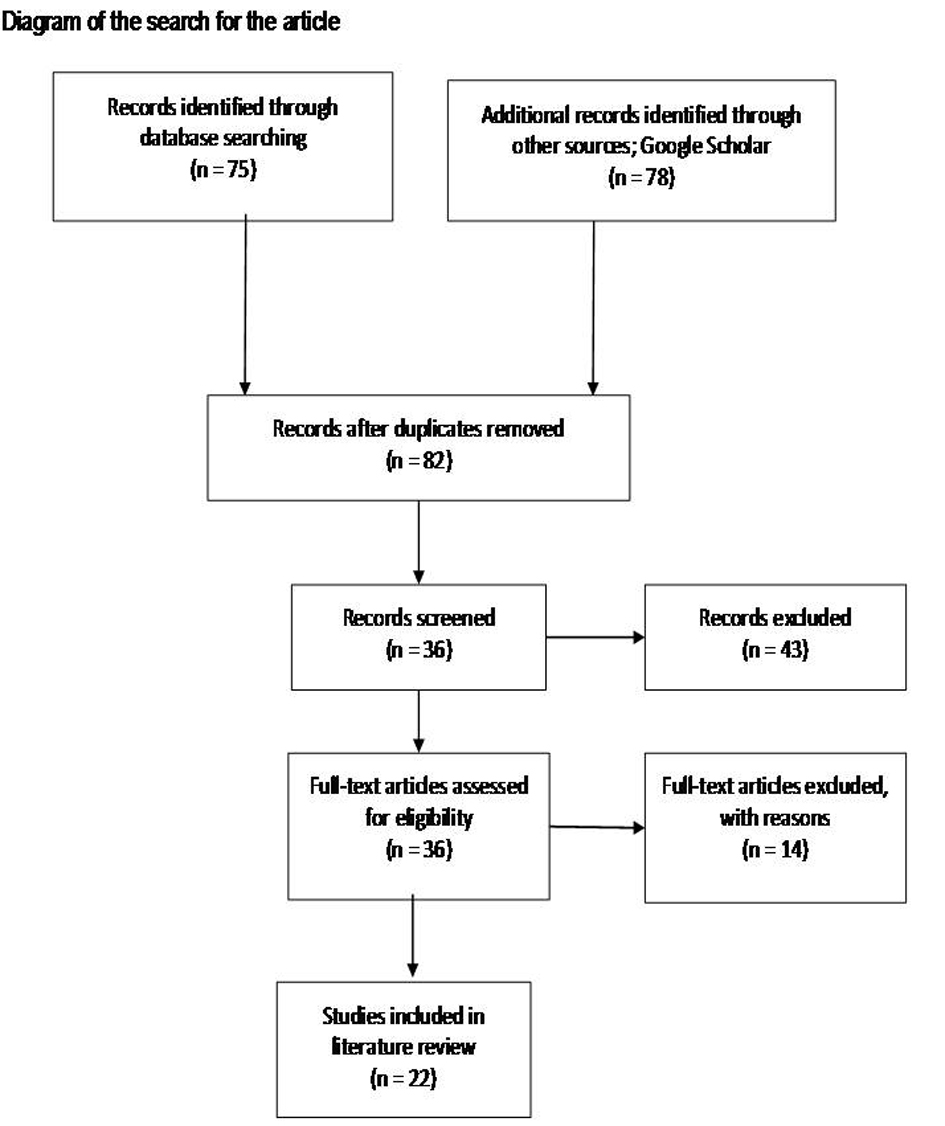
Figure 1. Diagram of the search for the articles.
| Journal of Clinical Medicine Research, ISSN 1918-3003 print, 1918-3011 online, Open Access |
| Article copyright, the authors; Journal compilation copyright, J Clin Med Res and Elmer Press Inc |
| Journal website https://www.jocmr.org |
Review
Volume 12, Number 10, October 2020, pages 629-633
The Use of Acceptance and Commitment Therapy in Substance Use Disorders: A Review of Literature
Figure

Table
| Number | Benefits of ACT | Challenges with the use of ACT |
|---|---|---|
| ACT: acceptance and commitment therapy. | ||
| 1 | Acceptance allows individuals who are experiencing problems to think about those problems without developing anxiety or feeling guilty [20]. | ACT requires a lot of sessions to achieve a therapeutic effect [20]. |
| 2 | Cognitive diffusion in ACT enables individuals to experience negative thoughts and emotions to challenge their behavior without fixating on them [20]. | Limited availability of specialized and certified people to coach people on ACT [20]. |
| 3 | Mindfulness in ACT helps people to be aware of their negative feeling without been judgmental towards themselves or trying to change the situation [20]. | |
| 4 | The commitment aspect of ACT helps the individual to achieve their long-term goals by focusing on the values that will help them get better [20]. | |
| 5 | ACT helps individuals to become psychologically more flexible [20]. | |